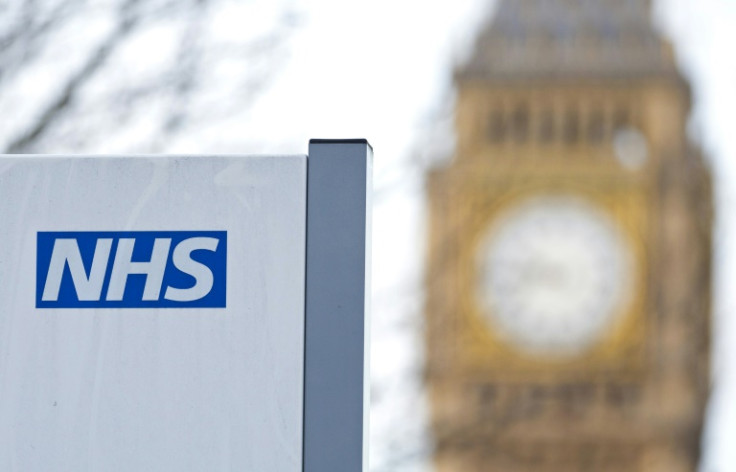NHS Battles Rise In Inbreeding-Related Consequences As MPs Mull Banning First-Cousin Marriages

The NHS is grappling with increasing numbers of birth defects and other genetic conditions linked to first-cousin marriages, as British MPs debate whether to outlaw the practice.
Former Conservative Party Chairman Richard Holden recently introduced a Private Members' Bill in Parliament, highlighting the health risks associated with such unions, which are particularly prevalent in certain communities within the UK.
Proposal to Ban First-Cousin Marriages
Holden's proposed bill argues that cousin marriages result in significantly higher rates of birth defects and genetic conditions, placing a substantial burden on the NHS.
Speaking in the House of Commons, he referenced research indicating that children born to first cousins have double the risk of developing serious health issues compared to those born to unrelated parents.
He also drew attention to international data, noting that in Pakistan, where approximately 65% of marriages are between first cousins, the prevalence of the blood disorder thalassaemia is 7%, compared to a global average of 1%.
Holden has called for the UK to align its marriage laws with modern health standards, framing the proposal as a necessary step to prevent avoidable suffering. However, opposition from certain quarters remains strong.
Independent MP Iqbal Mohamed argued that cousin marriages can strengthen family bonds and provide financial stability, though he acknowledged the associated health risks.
NHS Deploys Specialists to Address Genetic Risks
Amid the ongoing debate, the NHS has been quietly hiring specialists to manage the growing number of cases linked to consanguineous unions.
According to MailOnline, "close relative marriage" nurses and midwives have been appointed across the country, with salaries reaching up to £50,000 ($63,000).
These roles are designed to educate and support families in high-risk communities, such as Bradford, where first-cousin marriages are most common.
These specialists work with affected families to promote genetic testing and raise awareness about the potential risks of cousin marriages.
Proficiency in languages such as Urdu—a language widely spoken in Pakistani communities—is often listed as a desirable skill for applicants, reflecting the cultural sensitivities required in these roles.
Bradford, which has a significant Pakistani population, has reported stark statistics: nearly half of infant deaths in the city are attributed to chromosomal and genetic anomalies, many of which are linked to consanguineous unions.
The NHS also reports that such marriages are responsible for about a third of all birth defects in the region.
Understanding the Genetic Risks
First-cousin marriages increase the likelihood of recessive genetic conditions, as parents who are closely related are more likely to share the same defective gene. If both parents carry such a gene, their child has a one in four chance of inheriting the associated condition.
Common genetic disorders observed in these cases include thalassaemia, cystic fibrosis, neonatal diabetes, hearing loss, and limb malformations.
While most children born to cousins are healthy, the increased risk of genetic conditions places an additional strain on the NHS, with costly and intensive interventions often required.
According to IBTimes, previous NHS studies in Bradford have shown that consanguineous marriages account for over 60% of marital unions within Pakistani communities, though recent data suggests the rate has declined to approximately 43%.
A Historical and Cultural Perspective
Cousin marriages have historical precedence in Europe, with royal families such as the Habsburgs practising the tradition to consolidate power.
However, the practice has also been linked to genetic defects, such as the infamous "Habsburg jaw," a protruding facial deformity seen in generations of European royalty.
Globally, the prevalence of first-cousin marriages varies. Pakistan has one of the highest rates, at 65%, while countries like India, Saudi Arabia, and Afghanistan also report significant numbers.
In the UK, the rate is much lower, between 1% and 4%, but the associated risks remain a concern.
Despite its health implications, cousin marriage remains a culturally sensitive topic in Britain. Mohamed, the MP for Dewsbury and Batley, argued in the House of Commons that the practice is viewed positively in some communities as a way to strengthen familial ties.
However, others see it as an outdated tradition that fails to account for its public health consequences.
© Copyright IBTimes 2025. All rights reserved.




















